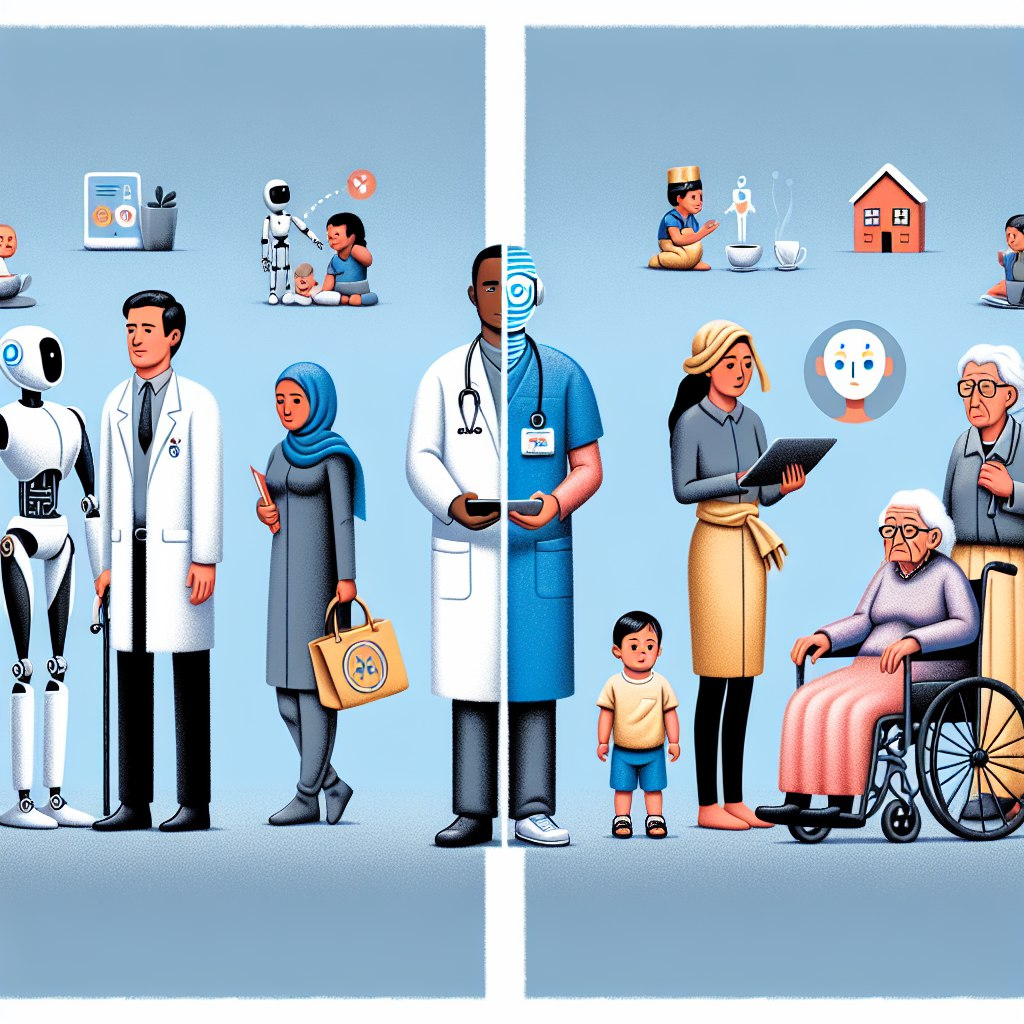As an AI, I don't have intentions, consciousness, or desires. My impact on humans, whether good or bad, depends on how I am used by people and organizations. Here's a breakdown of potential positive and negative impacts:
Positive Impacts
1. Healthcare:
- Diagnosis and
Treatment: AI can assist in diagnosing diseases, analyzing medical images, and
suggesting treatment plans.
- Drug Discovery:
AI can accelerate the discovery of new drugs by analyzing vast datasets to
identify potential compounds.
2. Education:
- Personalized
Learning: AI can provide personalized learning experiences, adapting to the
needs of individual students.
- Tutoring:
AI-powered tutoring systems can offer additional support to students outside
the classroom.
3. Efficiency and Productivity:
- Automation: AI
can automate repetitive and mundane tasks, freeing up time for humans to focus
on more complex and creative work.
- Decision Support:
AI can help businesses make better decisions by analyzing data and providing
insights.
4. Accessibility:
- Assistive
Technologies: AI can help people with disabilities by providing tools such as
speech-to-text, text-to-speech, and navigation assistance.
5. Environmental Impact:
- Climate Change
Research: AI can analyze climate data to predict environmental changes and help
develop strategies to combat climate change.
- Resource
Management: AI can optimize the use of resources, such as energy and water,
reducing waste and improving sustainability.
Negative Impacts
1. Job Displacement:
- Automation: While
AI can increase efficiency, it can also lead to job displacement in industries
where tasks can be automated.
2. Bias and Discrimination:
- Algorithmic Bias:
If AI systems are trained on biased data, they can perpetuate or even amplify
existing biases in decision-making processes, such as hiring or law
enforcement.
3. Privacy Concerns:
- Data Collection:
AI systems often require large amounts of data, which can lead to concerns
about privacy and the security of personal information.
4. Security Risks:
- Cybersecurity: AI
can be used both to enhance cybersecurity measures and to carry out
sophisticated cyber attacks.
5. Autonomous Weapons:
- Military Use: The
development of AI for military purposes, such as autonomous weapons, raises
ethical and safety concerns.
Mitigating
Negative Impacts
1. Ethical AI Development: Implementing ethical
guidelines and frameworks to ensure that AI is developed and used responsibly.
2. Regulation and Oversight: Governments and
regulatory bodies can create policies to manage the deployment and impact of AI
technologies.
3. Transparency: AI systems should be transparent,
with clear explanations of how decisions are made to build trust and
accountability.
4. Inclusivity: Ensuring that diverse groups are
involved in the development of AI to mitigate biases and ensure fair
representation.
5. Education and Reskilling: Providing education and
reskilling opportunities to workers affected by AI-driven automation.
Conclusion
AI itself does not have moral qualities; it is a tool
created and used by humans. The positive or negative impact of AI on society
largely depends on the intentions and actions of those who develop, deploy, and
regulate these technologies. Responsible and ethical development, along with
proactive measures to address potential risks, is crucial in ensuring that AI
benefits humanity as a whole.


0 Comments